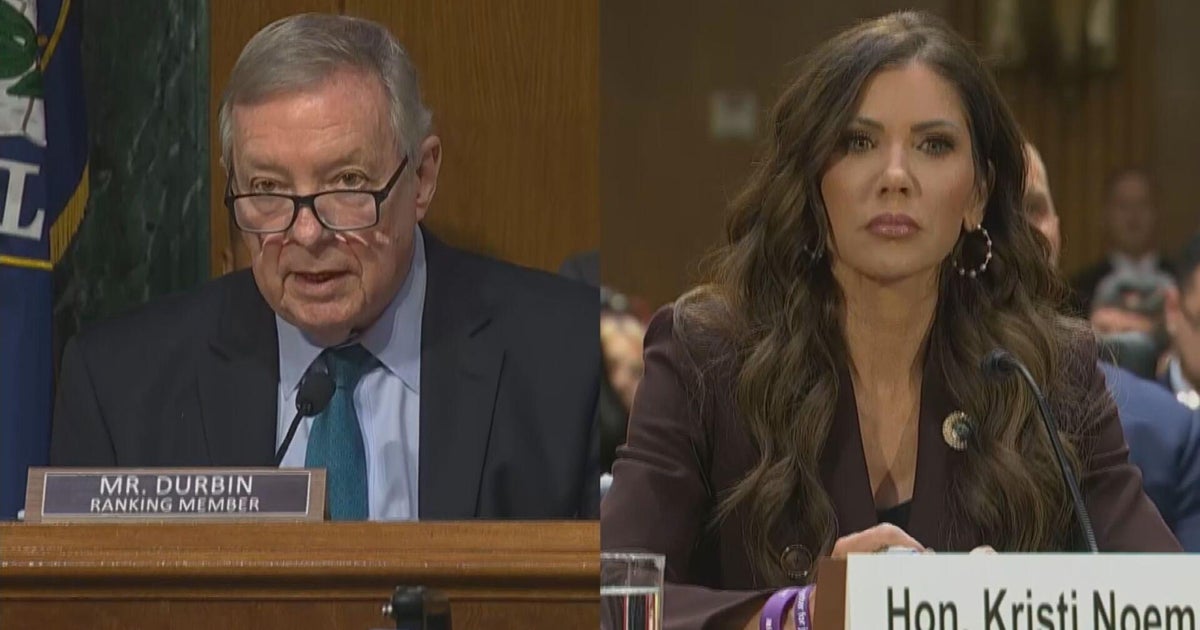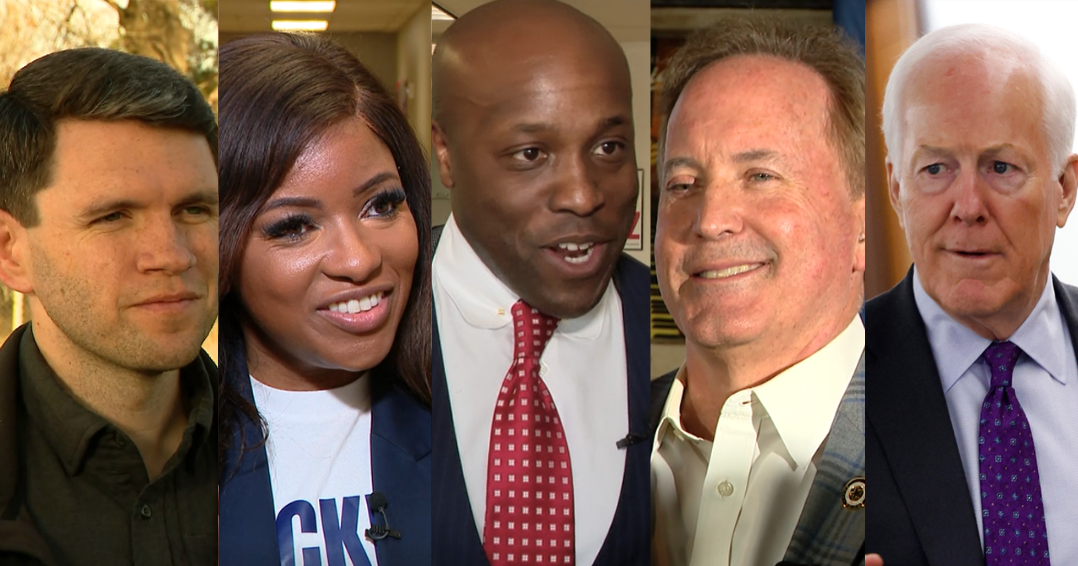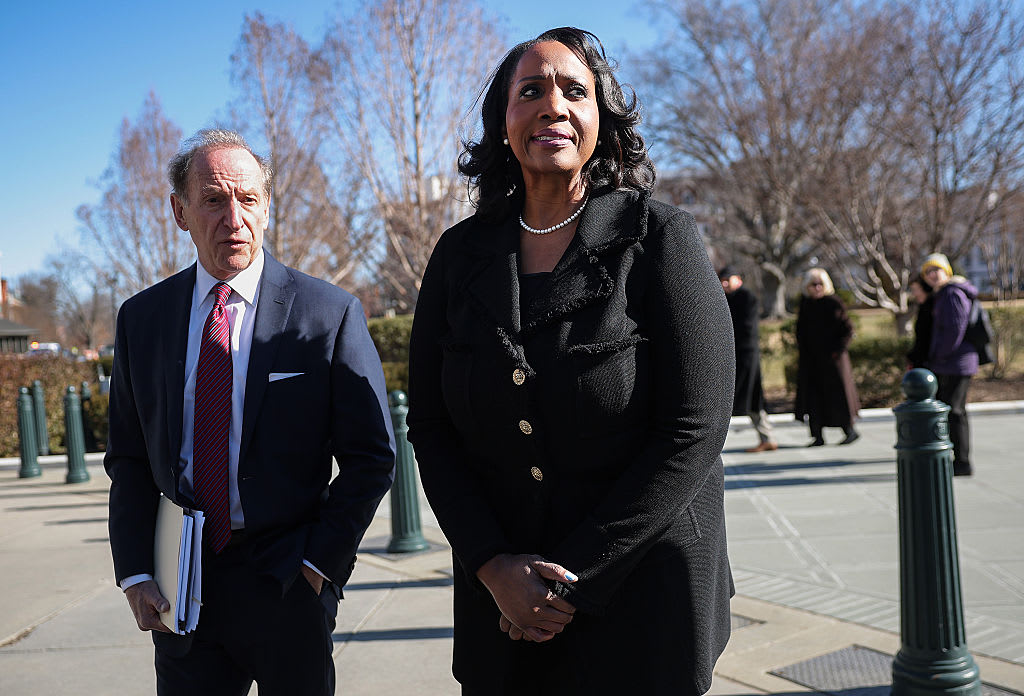Sen. Grassley says withheld Kavanaugh documents are "irrelevant to his being a judge"
After a day of disputes with his Democratic colleagues, Sen. Chuck Grassley, chairman of the Senate Judiciary Committee, says opponents' grandstanding over withheld documents pertaining to Judge Brett Kavanaugh's time in the White House is misplaced. Grassley says the documents are "irrelevant" to Kavanaugh's qualifications as a judge.
While members of the committee haven been able to review some 300 legal opinions Kavanaugh has written during his time as a federal judge as well as tens of thousands of documents from his work during the Bill Clinton investigation, Democrats argue that more than 100,000 pages of documents from his time as legal counsel and staff secretary in the Bush White House, which the Trump administration is withholding, should be released in their entirety.
Kavanaugh has suggested that his time working in the White House was in many ways the most "instructive" to him in his career as a judge. "I interpret his statement meaning he got very well educated in the processes of the executive branch so that makes him a better judge to make decisions on the law or the cases that apply to the executive branch or presidential power," explained Grassley.
Asked why Democrats shouldn't have a chance to thoroughly review and vet those documents, Grassley said "because it's irrelevant to his being a judge."
Grassley added, "Remember what [Sen. Chuck] Schumer and [Sen. Patrick] Leahy have said in the past, that the best judge of whether a candidate should be on Supreme Court or not is the cases they already heard in lower courts, and this person has 307 cases, 10- or 11-thousand pages people can go by."
"If that's a rule you'd use for [Justice Sonia] Sotomayor, why wouldn't you use that same rule for Kavanaugh," the chairman probed.
As for the back-and-forth that took up a majority of Tuesday morning's hearing, Grassley says the work the committee does on a regular basis shows a bipartisan spirit that sometimes is lacking during televised hearings.
"I think it's more true of what goes on in the United States Senate and there's more bipartisanship than what people see. We're very different on this judgeship or judges generally. Republican, Democrat differences. But in the three-and-a-half years that I've been chairman of the committee, every bill that has come out of the Judiciary Committee has had bipartisan support. That speaks more about how we work in a collegial way than what you're seeing on television," said Grassley.
Kavanaugh continues for day two of his confirmation hearing Wednesday with the question-and-answer portion of the proceedings.



